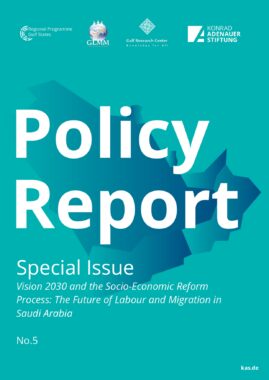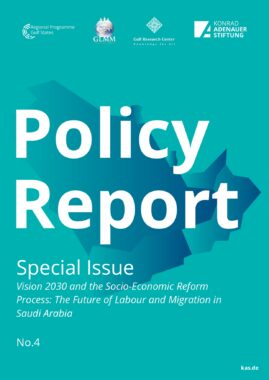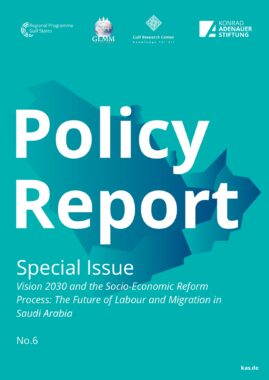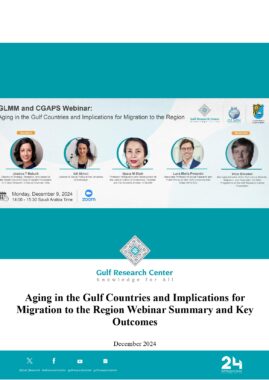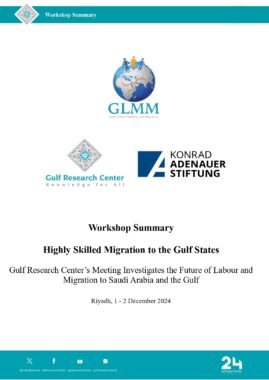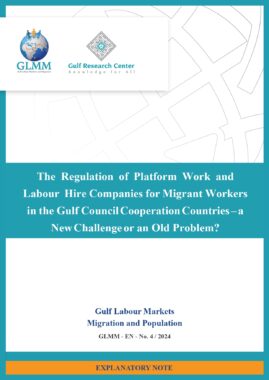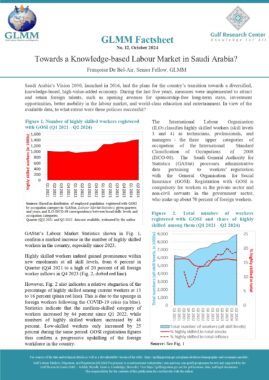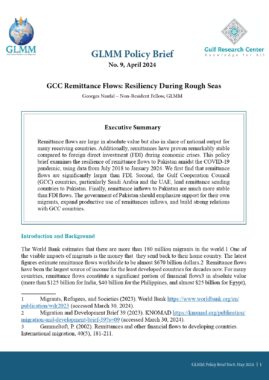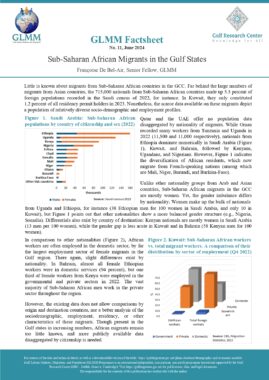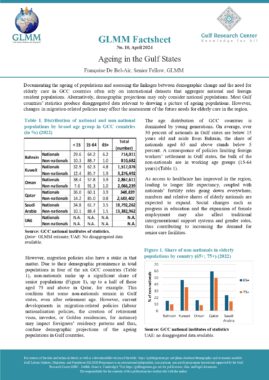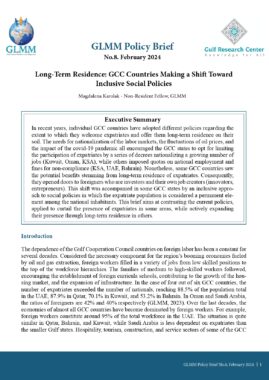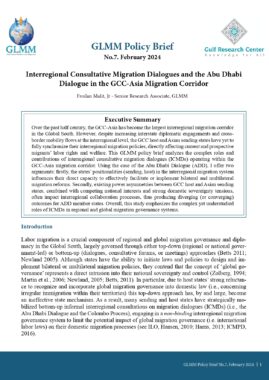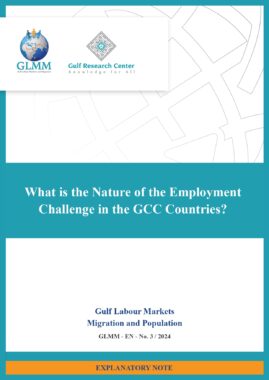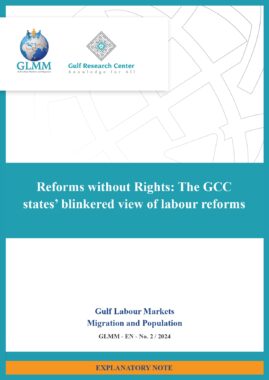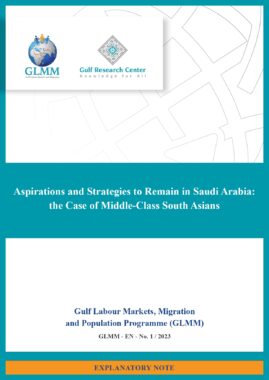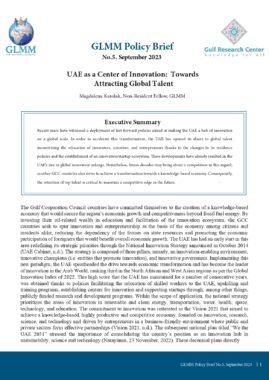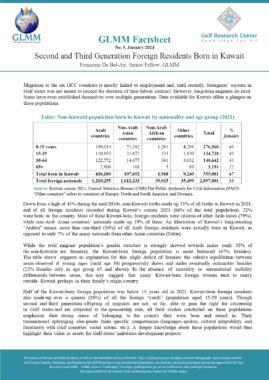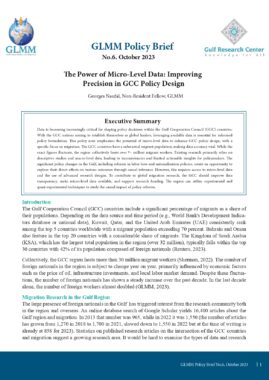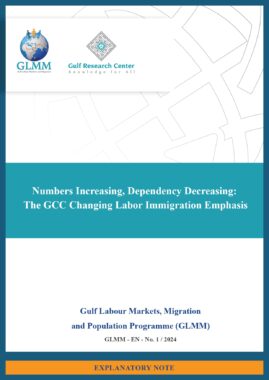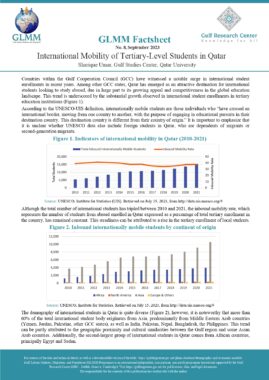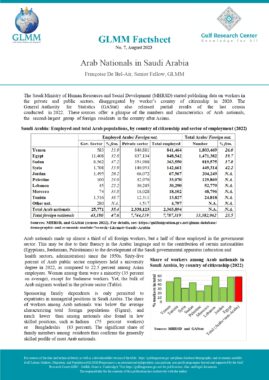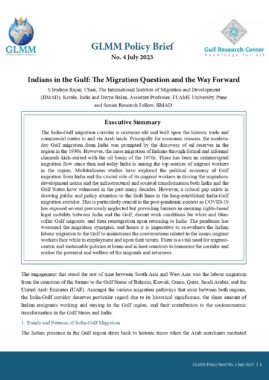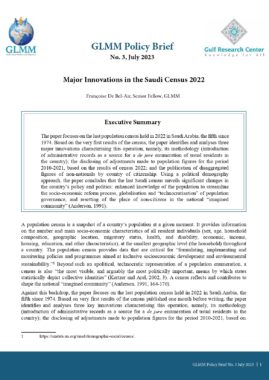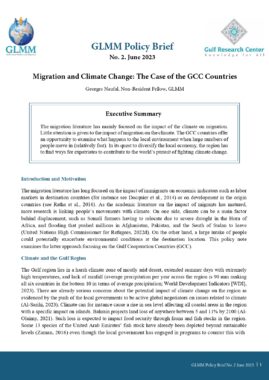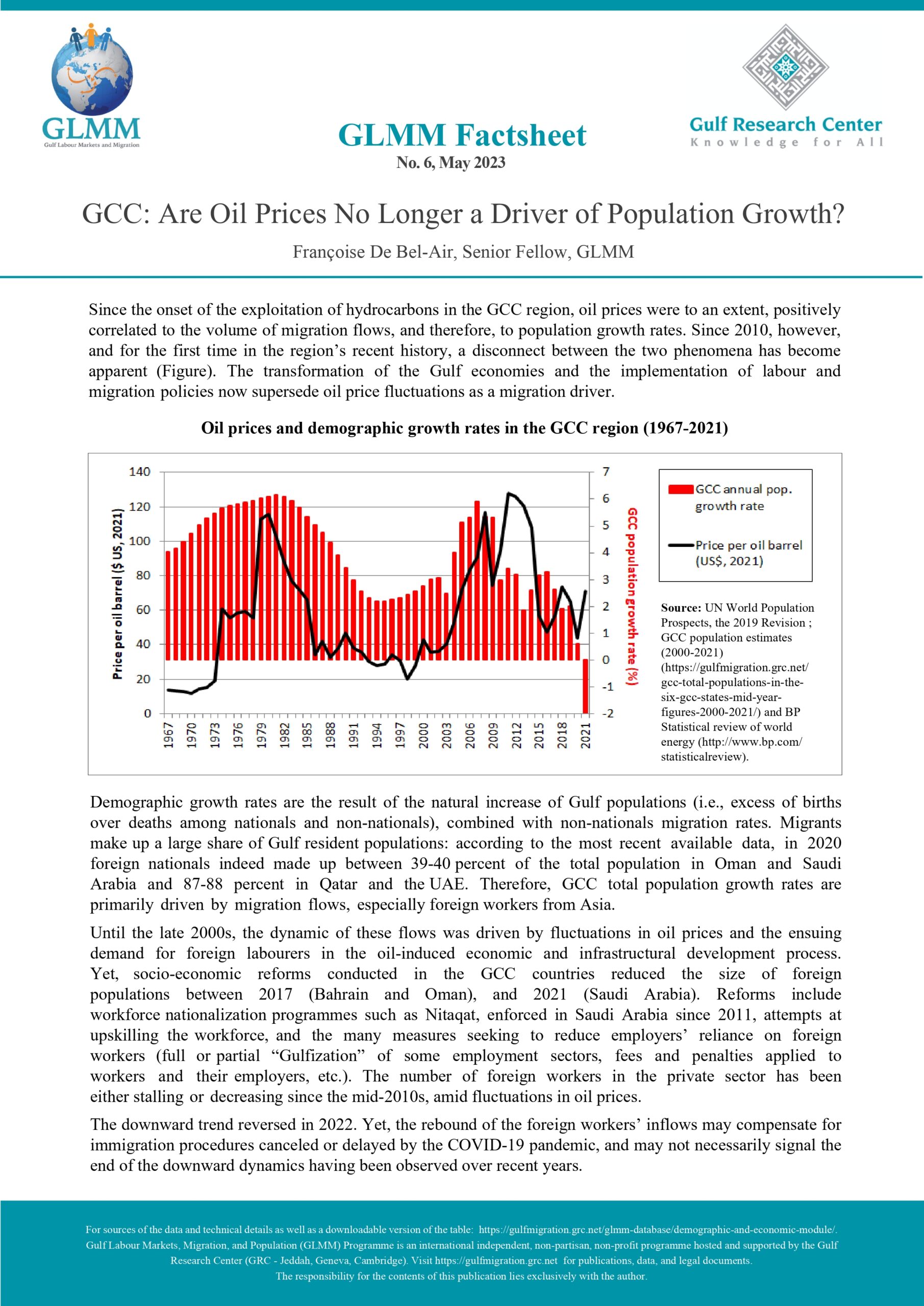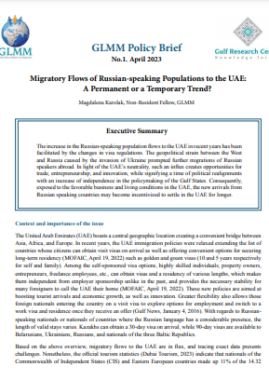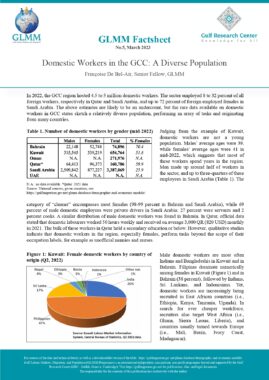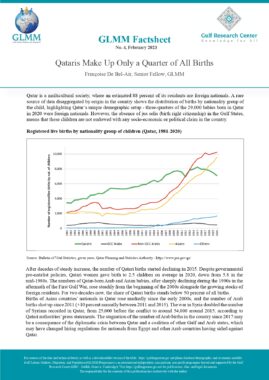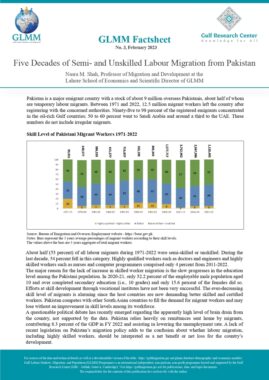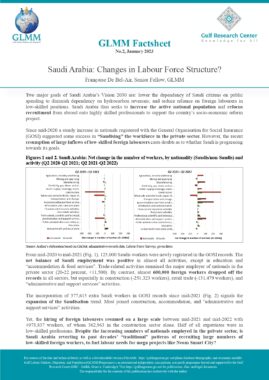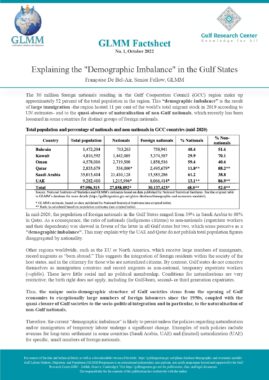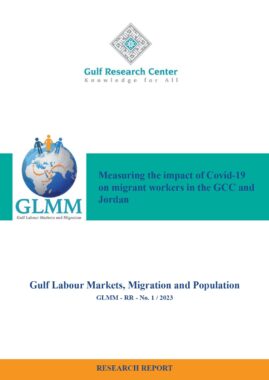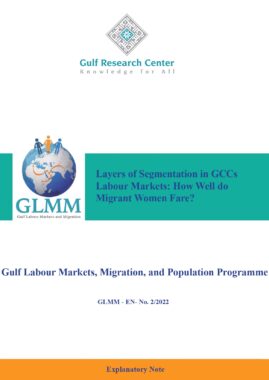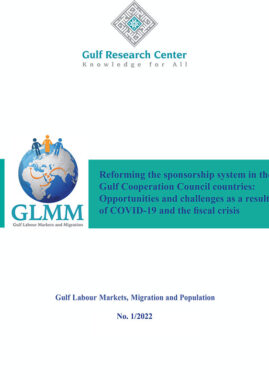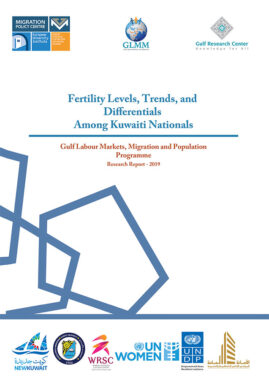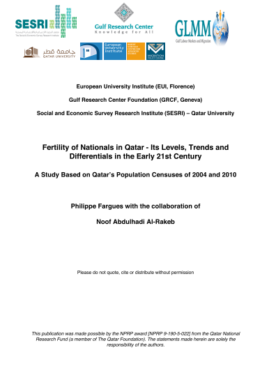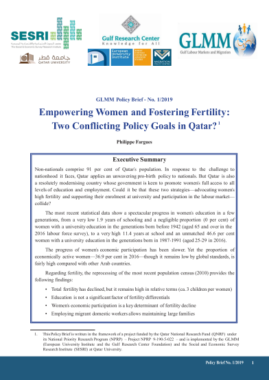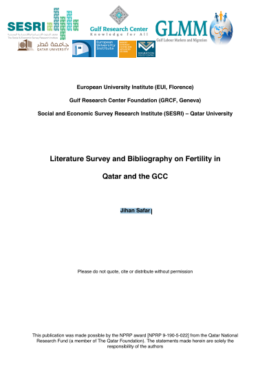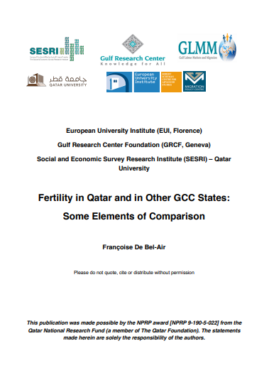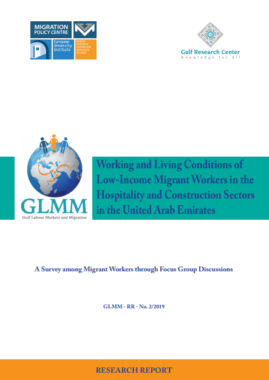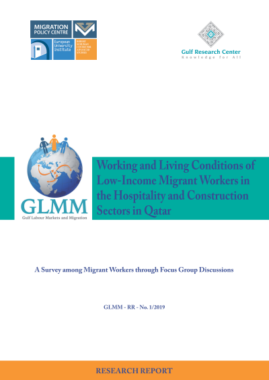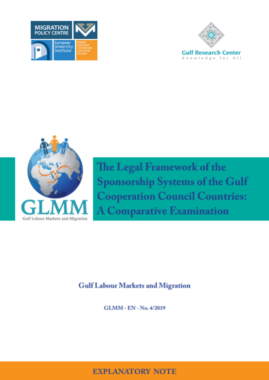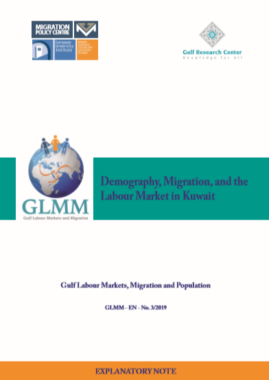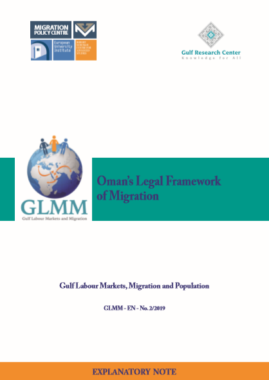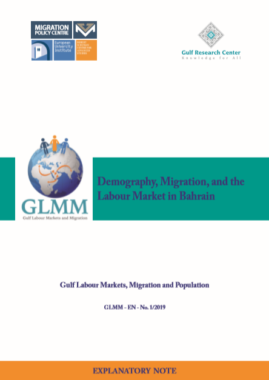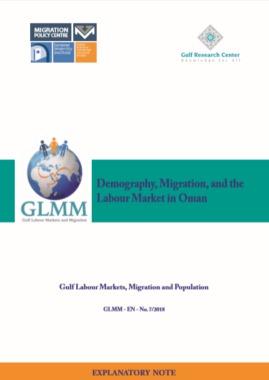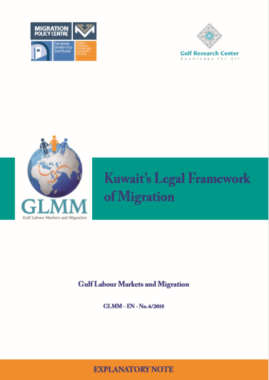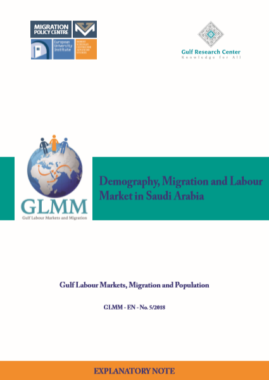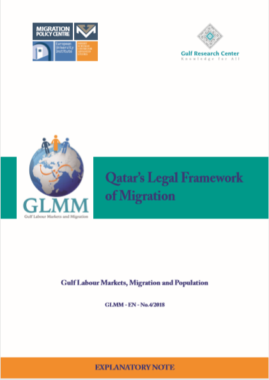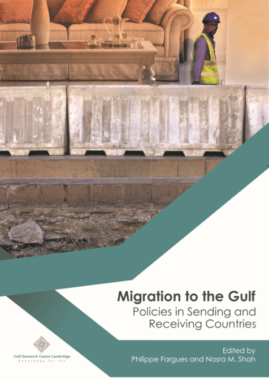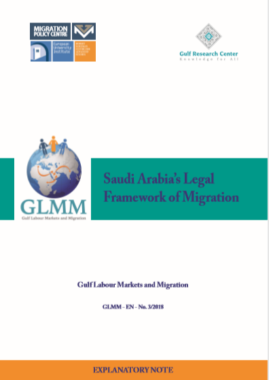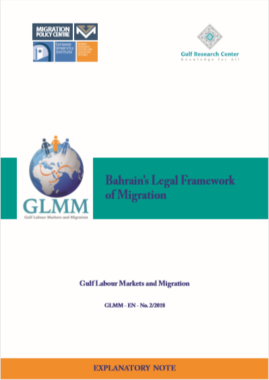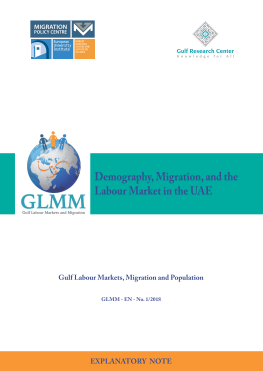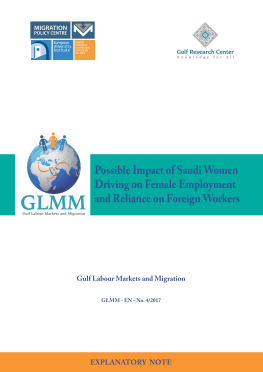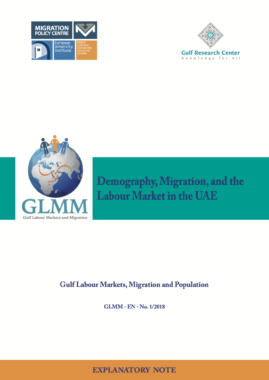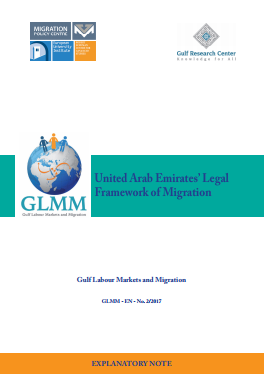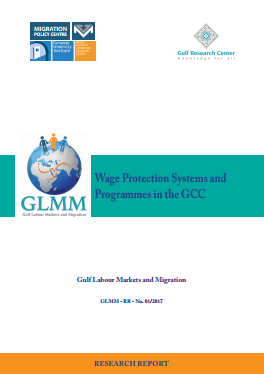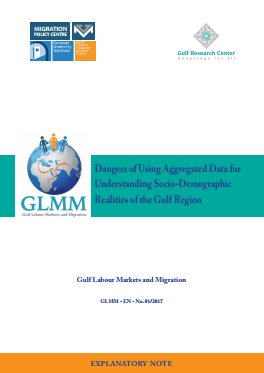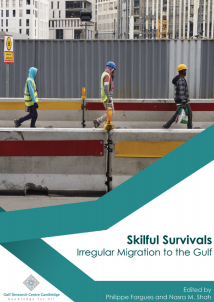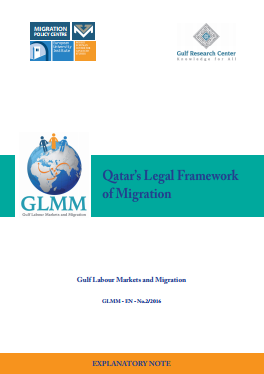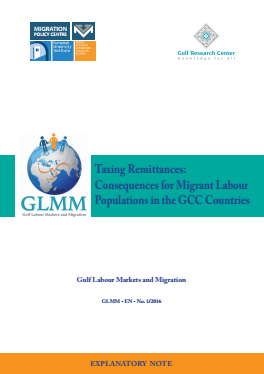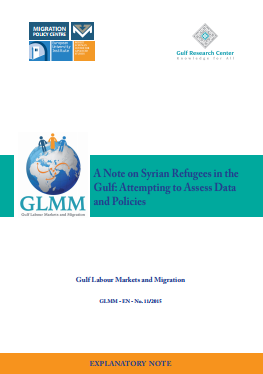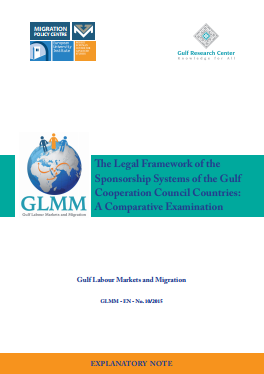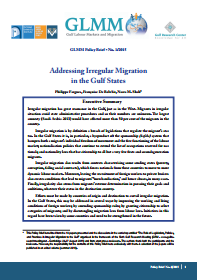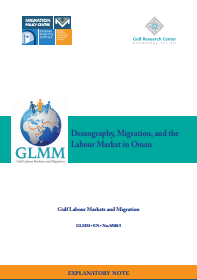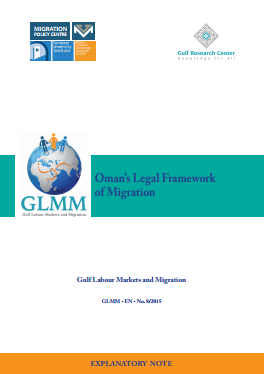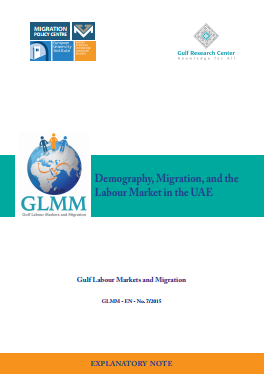Project: Vision 2030 and the Socio-Economic Reform Process
Vision 2030 and the Socio-Economic Reform Process: The Future of Labour and Migration in Saudi Arabia
The strongest economy in the Arab world, Saudi Arabia also has the fastest-growing GDP among the G-20 economies. With a recorded population of 32.2 million as of the 2022 census, of whom 13.4 million are foreign residents, Saudi Arabia demographically outnumbers the other GCC countries, attracting almost half of all foreign workers to the region.
Saudi Arabia is also a laboratory of post-oil, social and economic transition. The primary aim of the ambitious Vision 2030 reform masterplan is to diversify and decarbonize the Saudi economy to alleviate their vulnerability to the volatility of hydrocarbon revenues. The reform process thus encompasses the promotion of technical innovation (e.g., “green” economy, development of AI research and applications), the development of new economic sectors (tourism, health, sport, etc.), and profound socio-economic reforms, which seek to alleviate nationals’ unemployment and increase low activity rates, especially among females. Through many, wide-ranging policies such as the Nitaqat policy of “Saudization” of the workforce, launched in 2011, through investing in education, especially TVET and, more generally, aligning education with market needs, Vision 2030 aims to upgrade employment opportunities for nationals and put technical innovation at the heart of internationally competitive, knowledge-based economies, thus fostering the planned high value-added industries and stimulating FDI through increased availability of local human capital for the private sector. Recent measures such as the Labour Market Initiative, which challenges the sponsorship system, and the Premium Residency Card (PRC) scheme, intend to “attract relevant foreign talents for the economy,” yet also to retain resident skilled workers in the country.
Based on first-hand information collected by contributors from labour-related and migration stakeholders in Saudi Arabia, from selected sending states and from migrants themselves, the objective of the project is to analyse and assess the impact of these changes and reforms, currently and in the near future on:
- The Saudi labour market
- Migration dynamics at all skill levels
- Population and socio-economic issues in Saudi Arabia in general
The project has been implemented in cooperation with and financial support from the Regional Programme Gulf States (RPG) Konrad Adenauer Foundation (KAS) – https://www.kas.de/en/web/rpg.
The project is articulated around four sets of questions and has three phases.
- Effects of reforms on labour markets, future labour needs and patterns of migration to Saudi Arabia
- Characteristics of the national and the foreign workforces, current and future dynamics (migration trends, diversification of the profile of foreign residents, …)
- Effect of technological changes and socio-economic reforms on future labour needs in the Saudi economy
- New labour-related policies applied to foreign workers
- Politics and diplomacy (shift in foreign workers’ countries of origin; competition with other GCC states to attract relevant workers, …)
- Perceptions and policies of migrant-sending states regarding emigration to Saudi Arabia.
- Background factors linked to the evolution of labour market
- Demographic characteristics of nationals (age structure, marriage and fertility patterns, household structure, etc.) and their impact on employment patterns, especially among women and youth
- Education and training in relation to labour
- New patterns of work and employment (part-time work, remote work, and other alternative employment patterns)
- Attractivity of Saudi Arabia to migrants: policies and their outcomes.
- Labour and migration in a wider context: Challenges and opportunities created by the reforms
- Social effects of reforms and new labour and migration trends
- Socio-economic integration of foreign nationals
- Competition for labour, compliance to international standards and social protection of foreign workers.
- Transversal issue: Data for evidence-based policy making and enhanced knowledge
- Contributors were asked to assess the quality and relevance of data produced in Saudi Arabia to analyse the current characteristics and dynamics of labour and migration to the country and forecast their possible future trends.
Most of these questions have been explored in a set of background papers, which tackled all sectors of resident populations in Saudi Arabia.
The first phase of the project (completed in 2024) added also a focus on the specific population of the highly skilled workers. In this phase of the project analysed the policies enacted since 2010 in the country to attract and retain highly skilled professionals and assessed the attractivity of the country to these professionals in comparison to other Gulf states, in general and among foreign academics employed in Saudi universities in selected academic fields.
Output
Six policy briefs have been published from the first phase of the project and are available here:
The six Research Reports on which these Policy Reports are based will be published in March 2025.
Workshop 1-2 December 2024
All six studies were presented and discussed in a workshop for which a summary is available: https://gulfmigration.grc.net/wp-content/uploads/2025/01/GLMM-Workshop-Future-of-Saudi-and-Gulf-Migration-Riyadh-1-2-December-2024-Summary-2024-12-12-1.pdf.
Webinar 22 January 2025
Highly Skilled Migration to Saudi Arabia: Labour Policy Reforms and the Global Competition for Talents – Webinar held on 22 January 2025: https://gulfmigration.grc.net/wp-content/uploads/2025/02/GLMM-Webinar-No.6-Highly-Skilled-Migration-Saudi-Arabia-22-January-2025-Summary-Final-2025-02-03.pdf.
Workshop GRM 22-24 July 2025
In the framework of the 15th Gulf research Meeting (GRM) which will be held in Cambridge UK from 22 till 24 July 2025 – https://gulfresearchmeeting.net – GLMM organizes a workshop entitled “Highly Skilled Migrants and the GCC countries Drivers, Perceptions, Policies, and New Dynamics”: https://www.gulfresearchmeeting.net/documents/6739b50a9af26GRM2025WorkshopDescription.pdf.
Phase two of the project
In phase two of the project (planned for 2025) we will focus on the future of low-wage migration to Saudi Arabia
